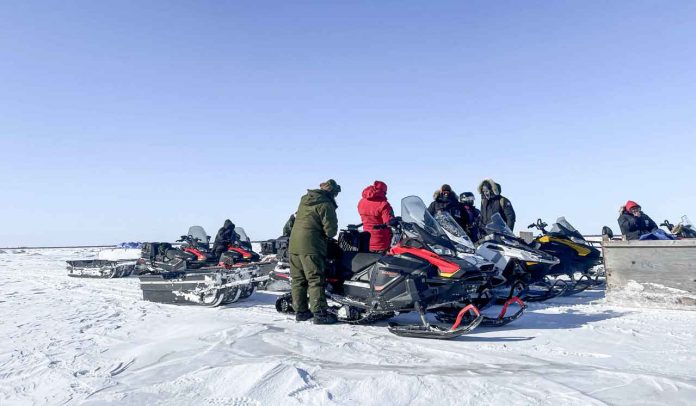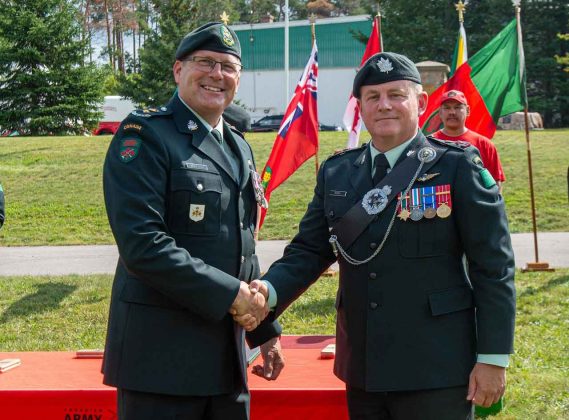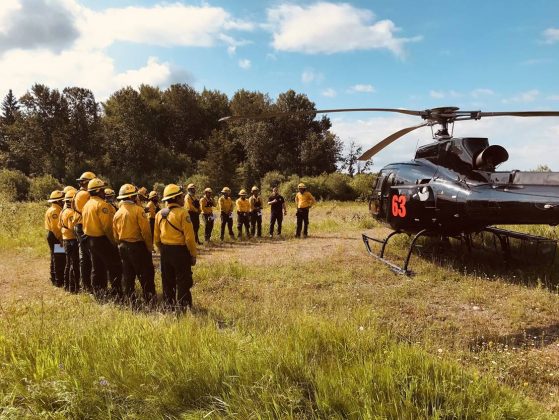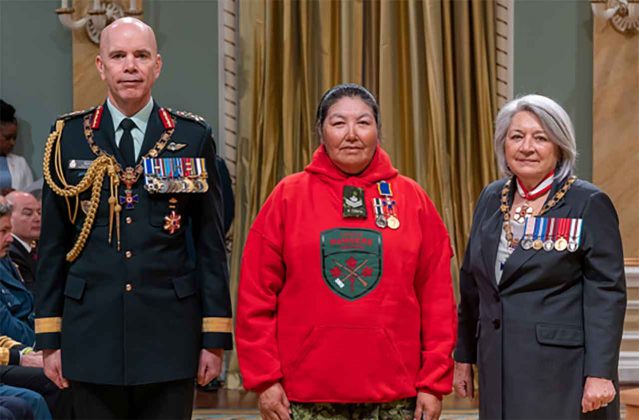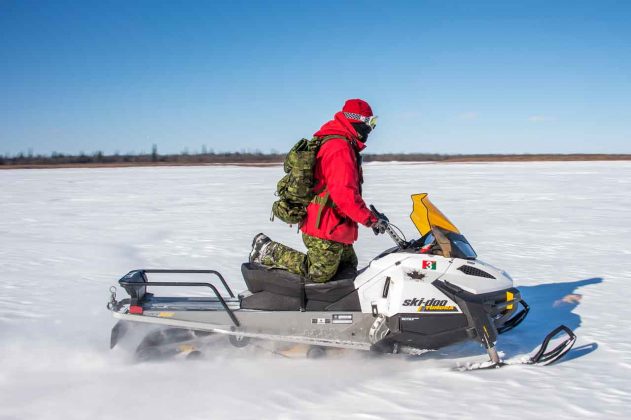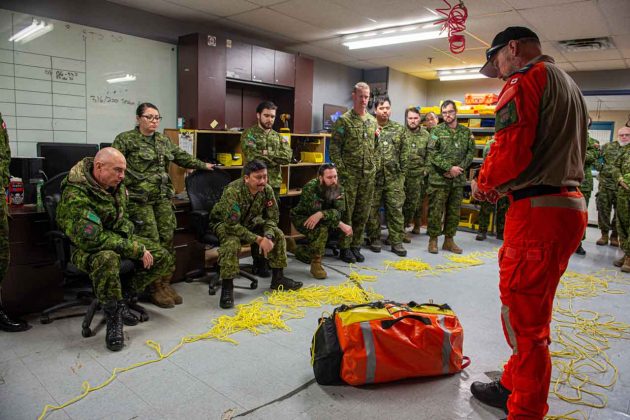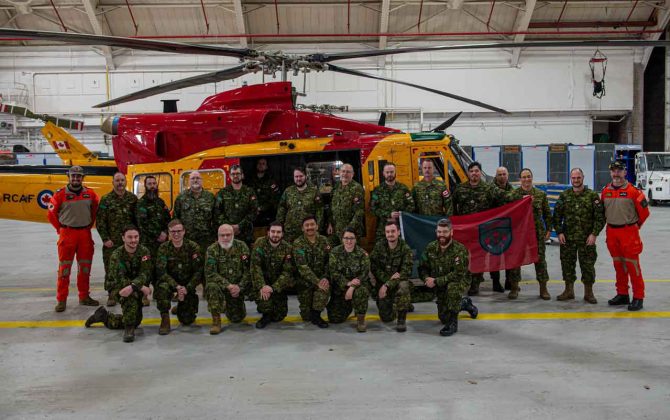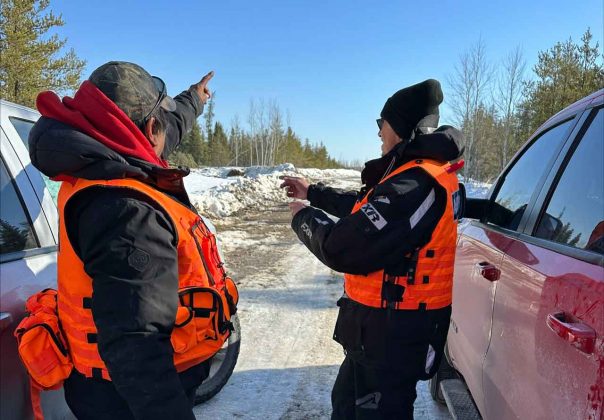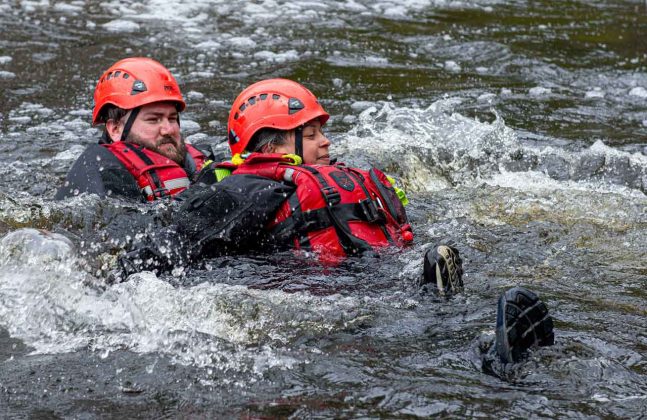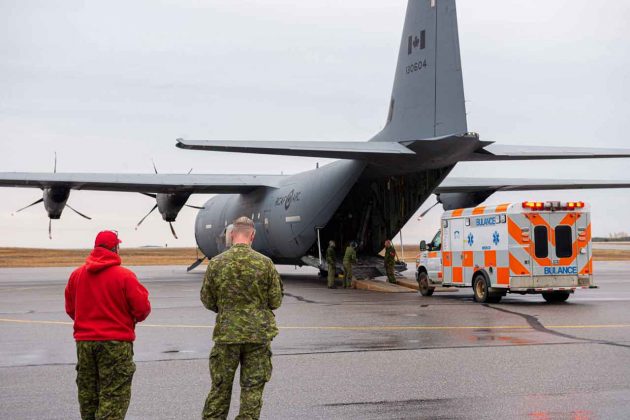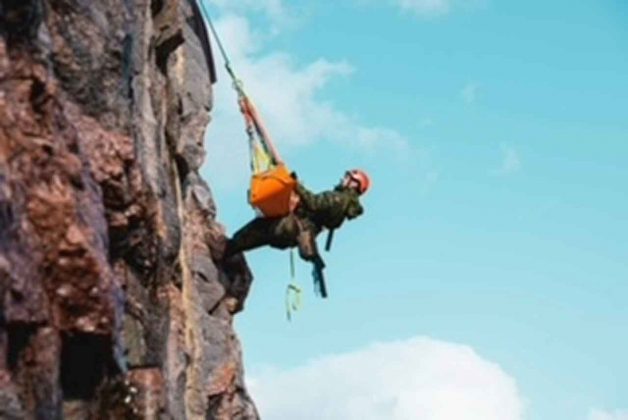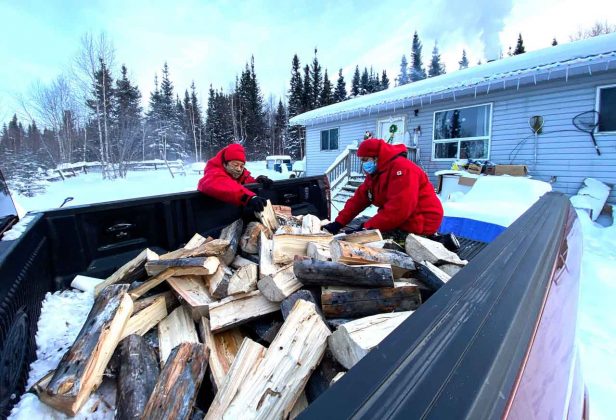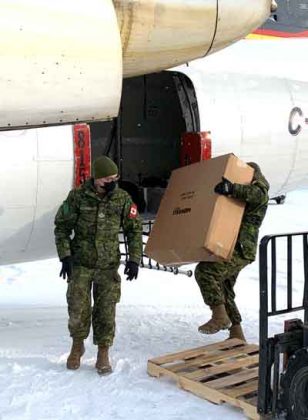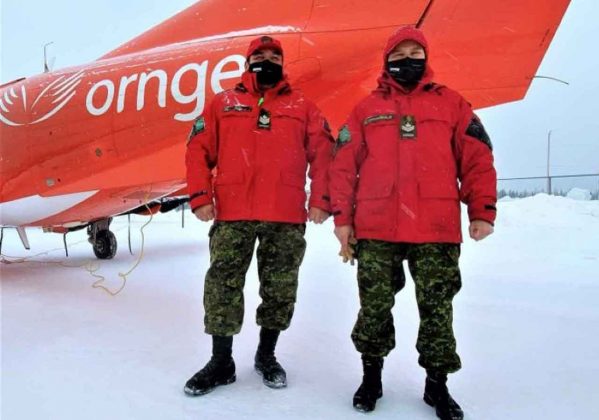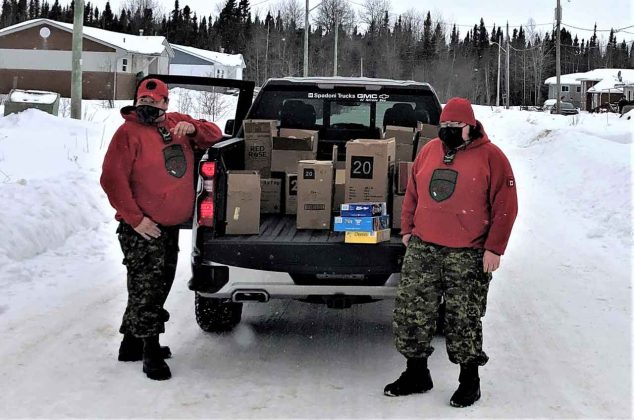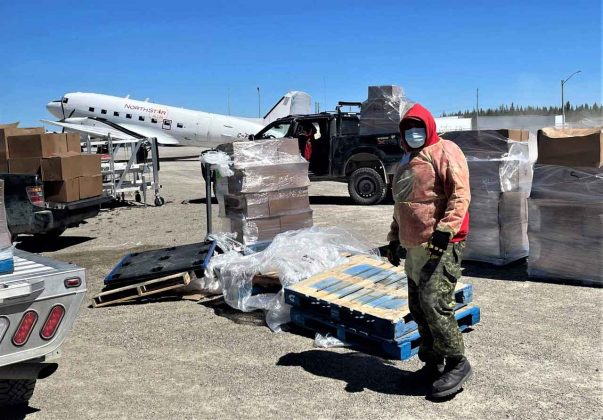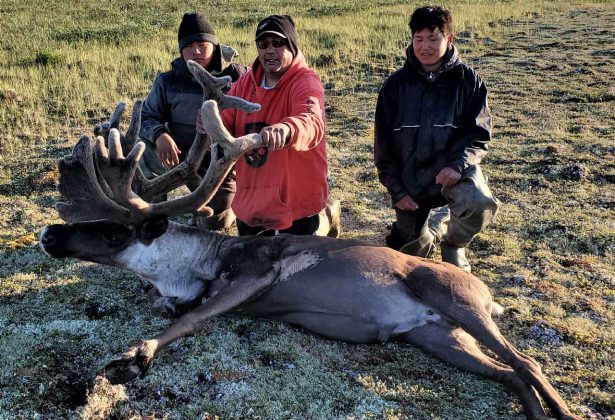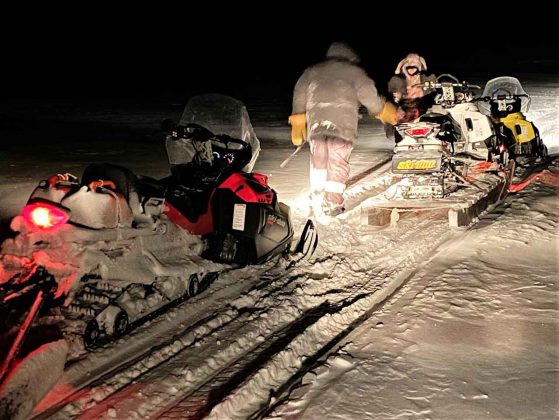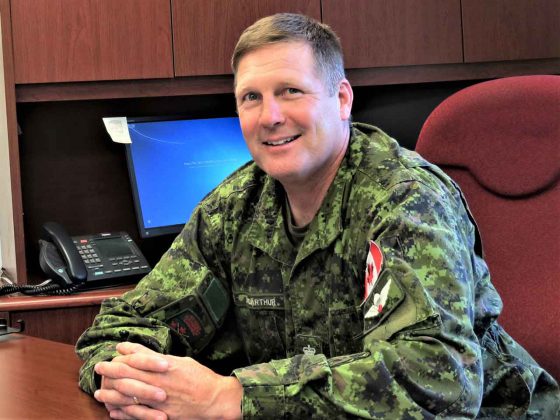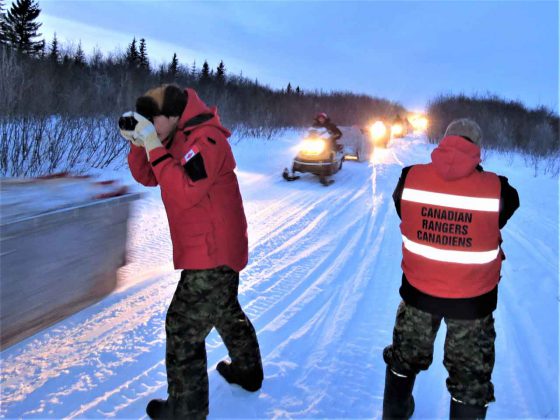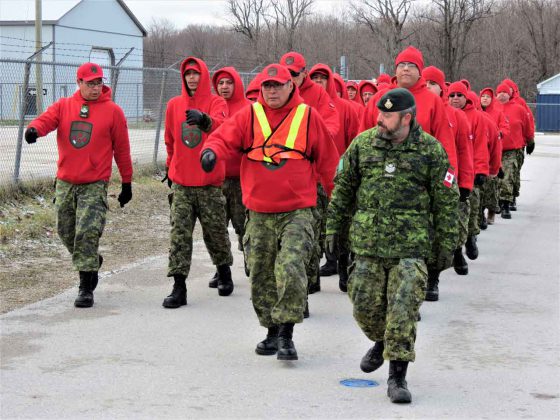Canada Unveils Arctic Strategy to Counter Russian and Chinese Influence
Canada announced a significant boost to its military and diplomatic presence in the Arctic as part of a new doctrine aimed at addressing growing threats from Russia and other nations seeking to expand their influence in the region. The strategy, unveiled on Friday, outlines a comprehensive approach to safeguarding Canadian sovereignty and bolstering security in the far north.
Key measures include deploying new patrol ships, navy destroyers, icebreakers, and submarines capable of operating beneath ice sheets, alongside advanced aircraft and drones. These upgrades will complement ongoing efforts with the United States to modernize continental defenses, such as enhanced maritime sensors and satellite surveillance for northern approaches.
Canada’s Northern Frontline – Canadian Rangers
This effort also includes the Canadian Rangers, patrols of Indigenous people who live in the far north. In Northern Ontario, the Canadian Rangers have become trained experts in helping during wild fires, evacuations and search and rescue operations.
Many of the Canadian Rangers are learning leadership and taking on positions as elected members of band councils.
For decades, Canada has pursued cooperative management of the Arctic to keep the region free from military competition. However, Foreign Minister Mélanie Joly warned that such stability is under strain. “The Arctic is no longer a low-tension region,” Joly stated, citing Russia’s ambitions and the deepening partnership between Moscow and Beijing in the Arctic.
China’s growing interest in Arctic governance and Russia’s expanded military activities, including missile deployments and weapons testing, have exacerbated security concerns. Defense Minister Bill Blair emphasized the challenges posed by the Arctic’s harsh conditions and the need to strengthen Canada’s ability to conduct and sustain operations in the region.
The Arctic’s accelerated warming—occurring four times faster than the global average—is opening new opportunities for resource exploration and shipping routes, but also raising the stakes for geopolitical competition. Canada’s revised doctrine emphasizes enhanced collaboration with allied Nordic nations, particularly NATO members like Finland and Sweden, and plans for increased joint military drills.
The strategy also includes steps to counter foreign research vessels with potential military applications, particularly from China, and introduces a new national security framework for Arctic research. Additionally, Canada will appoint an Arctic ambassador, establish consulates in Alaska and Greenland, and seek to resolve territorial disputes, including with the United States over the Beaufort Sea and Denmark over Hans Island.
The move reflects Canada’s commitment to asserting its Arctic sovereignty while fostering international cooperation to address rising security and environmental challenges in the region.

